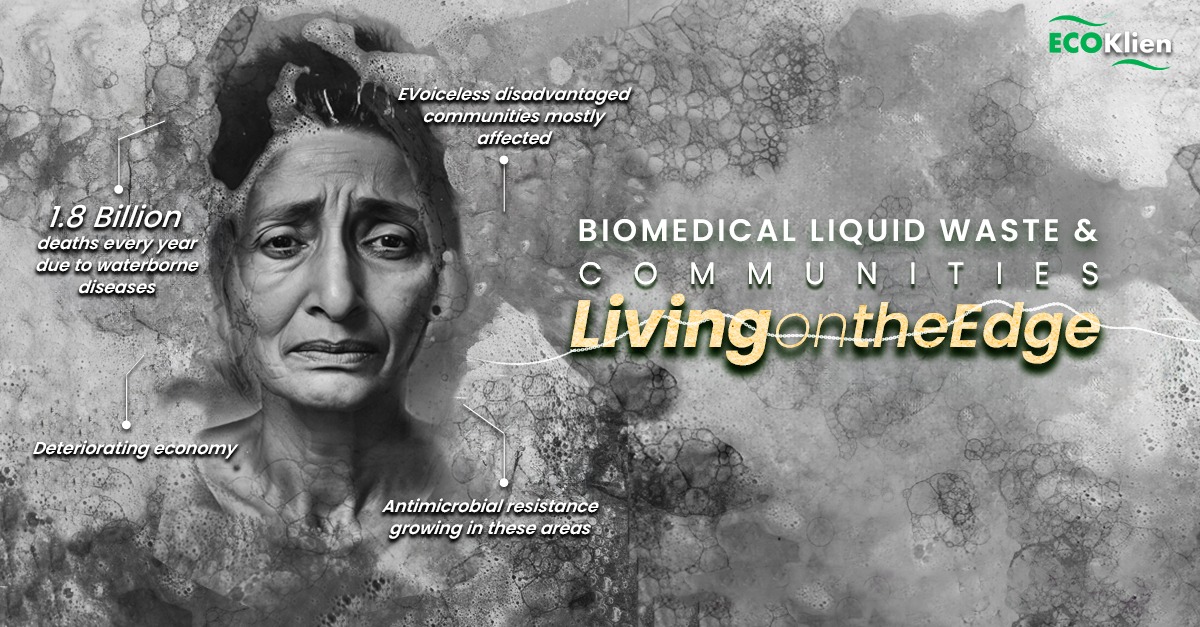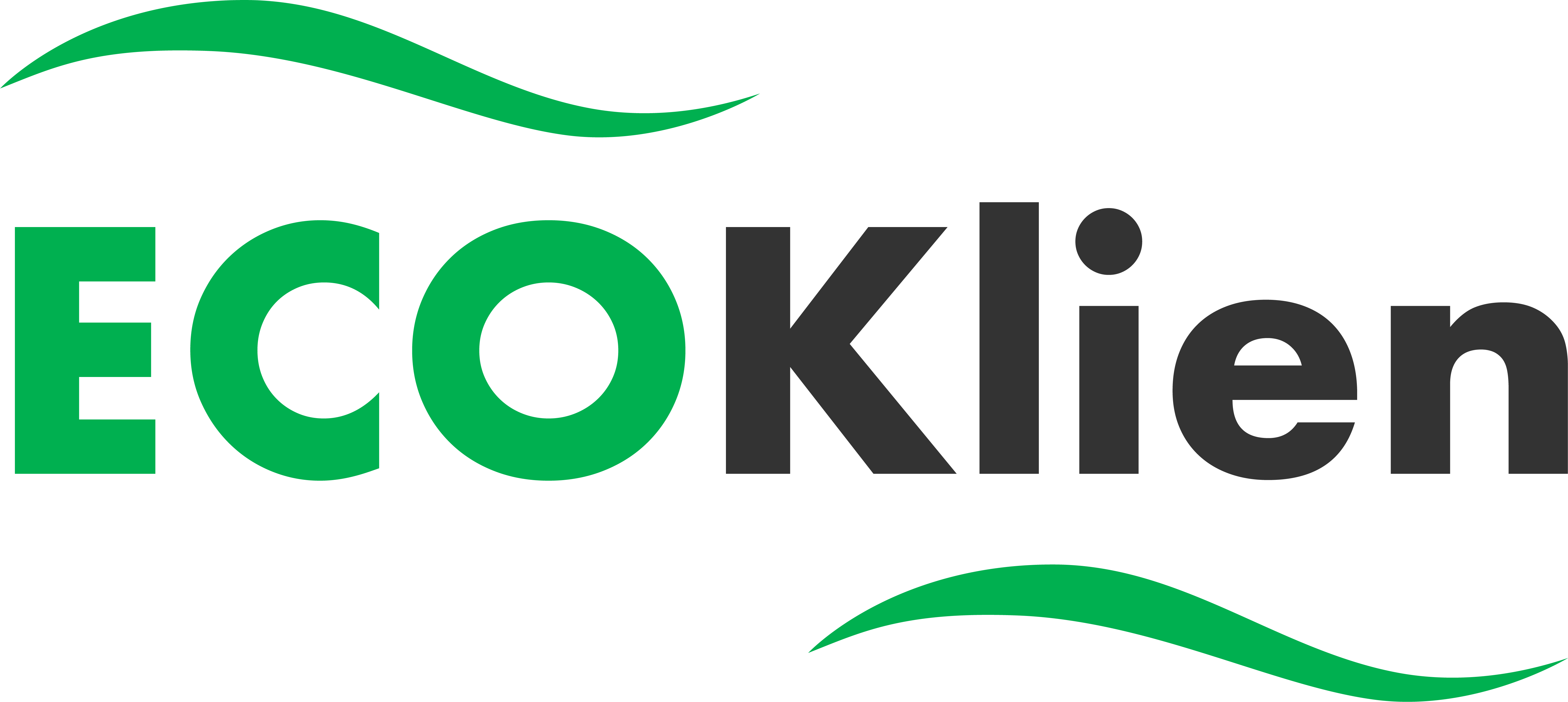
(Prefer video content?Watch THIS…)
Wastewater management is critical for public health and environmental protection. However, many communities worldwide bear the brunt of untreated wastewater. Affected communities are often those that are already marginalized and disadvantaged. They are more likely to live in areas with poor sanitation and wastewater management infrastructure.
How is Community Health Affected?
The most immediate and severe impact on communities is the risk of waterborne diseases. Bacteria, viruses and parasites thrive in untreated wastewater, and are especially harmful to children and the elderly. Diarrhea is one of the most common waterborne diseases along with cholera, typhoid and dysentery. According to WHO 525,000 children die every year due to diarrhea, 1.8 billion people die from waterborne diseases and 88% of them are children under the age of 5.
Besides waterborne diseases, respiratory issues, cancer and skin conditions like dermatitis are also common in communities exposed to untreated wastewater. Children also tend to face developmental issues and malnutrition. Then, there is the issue of antimicrobial resistance.
In 2010, a cholera outbreak in Haiti killed over 10,000 people and sickened over 820,000. The primary reason for the outbreak was untreated wastewater contaminating drinking water sources.
What is the Effect on the Community’s Environment?
The communities along affected water bodies depend on them. It is often their primary source of water, utilized for multiple everyday activities like fishing, agriculture and animal husbandry, which gets severely impacted. Reduced yields, poor crop quality laden with toxins are common issues threatening food security.
Further, a community’s native ecosystem faces critical damage. It’s a chain reaction. Aquatic ecosystems take a hit. A loss of biodiversity can be observed with behavioral changes in species. An imbalance of nutrients in the waterbody leads it slowly towards eutrophication.It’s a chain reaction. Because everything mentioned so far affects the community’s economy.
How is the Community’s Economy affected?
A community’s economy heavily depends on local resources. When said resources are deteriorating, so does the economy.
The pollution of water bodies causes damage to fisheries and aquatic life, affecting the fishing industry. They face lower yields and collected yield may have toxic traits. Additionally, the health effects on these communities reduce the overall productivity.
Tourism in the affected communities takes a big hit as well. Polluted water bodies are not much of an ideal tourist spot. Reduced tourism is a loss of substantial revenue. Revenue that can help develop the community and contribute to treating and supplying drinking water.
What can we do to help the affected communities?
- Investing in advanced wastewater treatment infrastructure
- Educate the risks of untreated wastewater
- Enforce strict environmental regulations
The most effective way to control the impact of untreated wastewater is to invest in advanced treatment infrastructure. Investment for the same might be costly, but choosing the right system can make a huge difference on the final and recurring costs. A World Bank study found that investing in infrastructure can generate benefits of up to 15 times the cost of investment. However, it doesn’t stop there. Strict laws and regulations need to be put in place and followed while also educating the public regarding the risks of untreated wastewater. This ensures that each individual does their part in reforming the current wastewater management status.
Conclusion:
The effects of untreated wastewater may be invisible to some, but the issue is very real. Minority communities around the world face the brunt of it all. We need to be aware of where our wastewater goes and how we can minimize the effect it has on the environment and society. ECOKlien has taken the initiative to redefine wastewater treatment for the healthcare industry, making it a simple, safe and hassle-free process. Let’s join hands to make the world a safer place for everyone.
